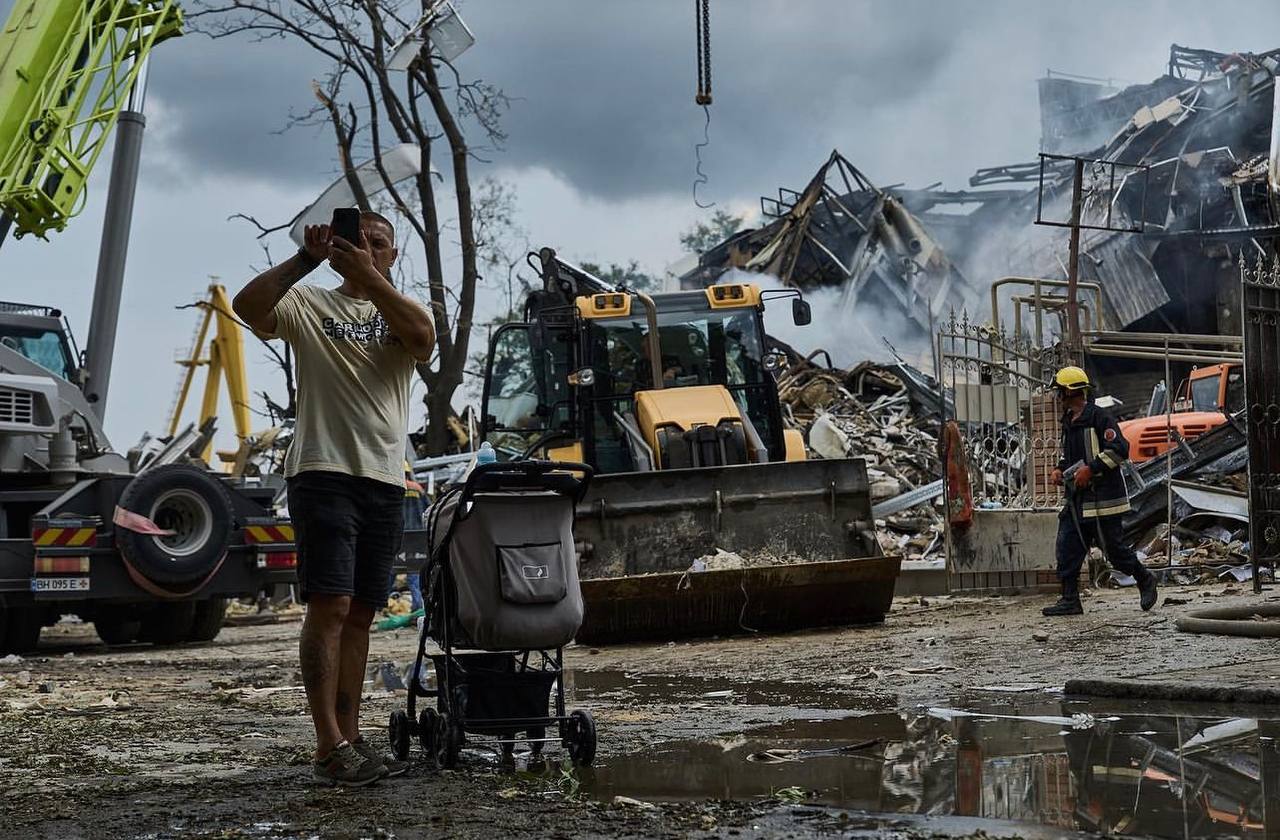Leaders among 17 African nations were set to press President Vladimir Putin for concrete promises of grain at the 2023 Russia-Africa Summit in St. Petersburg starting Thursday.
The ten-day event kicked off about two weeks after Russia dissolved the United Nations-backed Black Sea Grain Initiative that allowed Ukraine to ship grain to other countries despite Russia’s 17-month-old invasion.
The number of African leaders set to attend this year’s summit has significantly decreased from 43 at the first Russia-Africa Summit in 2019.
But food insecurity is on tap to be a top priority among the attendees. On Thursday, as the summit was kicking off, The 55-nation African Union called on Russia to reinstate the Black Sea initiative.
“The problem of grains and fertilizers concerns everyone,” African Union Chair President Azali Assoumani, President of the East African nation of Comoros, told Russian state media.
Assoumani was in St. Petersburg for the summit when he made his plea.
Since pulling out of the deal, Russia has gone further by launching repeated nightly air strikes against Ukrainian port cities, targeting grain supplies and shipments.
The deal’s dissolution, along with intensified attacks on Odesa and other southern Ukrainian port cities, began after Moscow vowed “retribution” for a deadly explosion earlier this month on the Kerch Bridge, the only direct access way from the annexed Crimean peninsula to the Russian mainland. Ukrainian forces have claimed responsibility for that attack.
Ukraine supplies 10% of the world’s wheat market, 15% of the corn market, and 13% of the barley market. Current Russian actions have raised global fears of food insecurity, particularly in countries at risk of famine due to conflict, drought and economic struggles, including in the African countries of Somalia and Ethiopia.
Meanwhile, Putin has said that Russia is expecting a record harvest this year and is ready to fill the gap for African countries by supplying grain both commercially and for free.
However, foreign analysts have dismissed Putin’s claims, saying they expected only symbolic amounts to be dispersed free as aid.
Russia has just over 3 million tons of grain available in a state intervention fund.
“We will talk about this in St. Petersburg, we will discuss it with Putin to see how we can restart this [grain] agreement,” Assoumani said.
PHOTO: Odesa port infrastructure after Russian air strike Wednesday night


